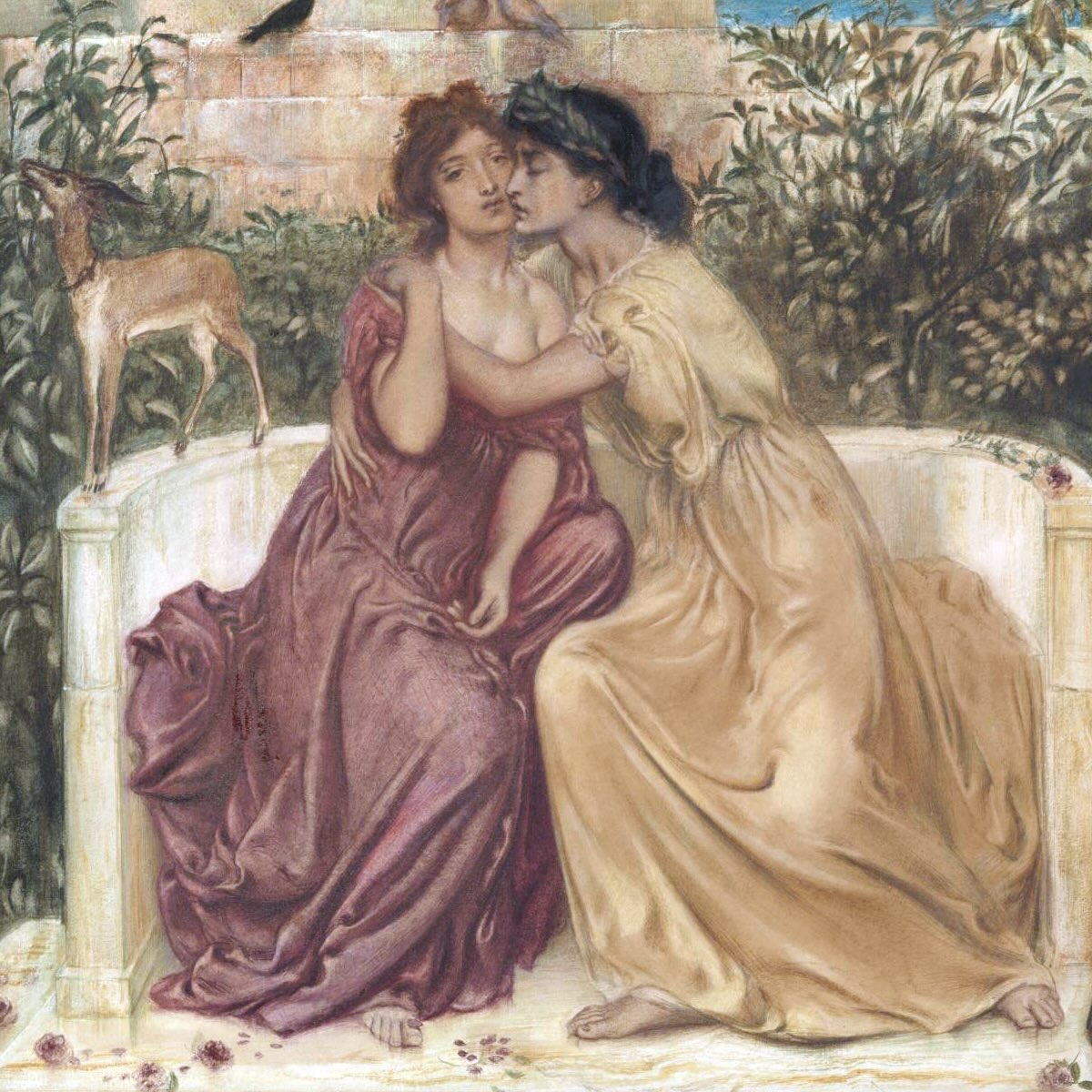
Orlando
Virginia Woolf
Year
1928
1658
2179
1550
1848
1762
1606
1875
1393
1457
1832
2103
1743
1738
1771
1869
1439
1865
1556
Description
"Orlando: A Biography" by Virginia Woolf, first published in 1928, is a groundbreaking and richly imaginative novel that defies traditional narrative forms to explore themes of gender, identity, and the fluidity of time. Spanning over 300 years, the story follows the extraordinary life of Orlando, a young nobleman in Elizabethan England who mysteriously transforms into a woman and lives through several centuries, experiencing life from both male and female perspectives. The novel begins with Orlando as a handsome and somewhat androgynous young nobleman favored by Queen Elizabeth I. As Orlando navigates the court's intrigues and pursues artistic and romantic passions, Woolf vividly depicts the cultural and social milieu of the time. However, a pivotal transformation occurs when Orlando wakes up to find himself a woman, a change that Woolf presents not as a magical or supernatural event, but as an intrinsic evolution of Orlando's character and identity. This transformation allows Woolf to delve deeply into the constructs of gender and the societal expectations tied to it. Orlando’s life as a woman reveals the stark differences in freedom, rights, and social roles between the genders. The novel critiques the limitations and biases imposed by society, showcasing Woolf's own feminist perspectives. Orlando's ability to navigate through time and gender highlights the arbitrary nature of these constructs, emphasizing a fluidity of identity that was revolutionary for its time. As Orlando moves through various historical periods, including the Restoration, the Enlightenment, and the Victorian era, Woolf’s narrative captures the changing literary and social landscapes, reflecting Woolf’s own engagement with literary history and her critique of patriarchal structures. Orlando’s relationships, both romantic and platonic, with characters such as the Russian princess Sasha and the poet Marmaduke Bonthrop Shelmerdine, further explore themes of love, identity, and the human condition. Woolf's prose is both lyrical and incisive, blending wit, satire, and deep psychological insight. The narrative’s playful yet profound approach to time, identity, and gender has cemented "Orlando" as a pioneering work in both feminist and modernist literature. The novel’s unique structure and innovative style challenge readers to rethink the boundaries of fiction and the nature of human identity. Dive into "Orlando" and embark on an extraordinary journey through centuries, exploring the fluid nature of identity and the intricate dance between gender and society. Virginia Woolf’s masterful storytelling and visionary approach offer a timeless reflection on the human experience, making "Orlando" a profound and enduring classic. Disclaimer: "Orlando," published in 1928, explores themes of gender fluidity and identity from the perspective of the early 20th century. Readers should be mindful of its historical context.
